[ad_1]
A call has gone out for a wild camping ban at Highland beaches overwhelmed by NC500 tourists.
Margaret Meek is co-founder of NC500 The Land Weeps, an online campaign group established to protect Highland communities from the impacts of overtourism.
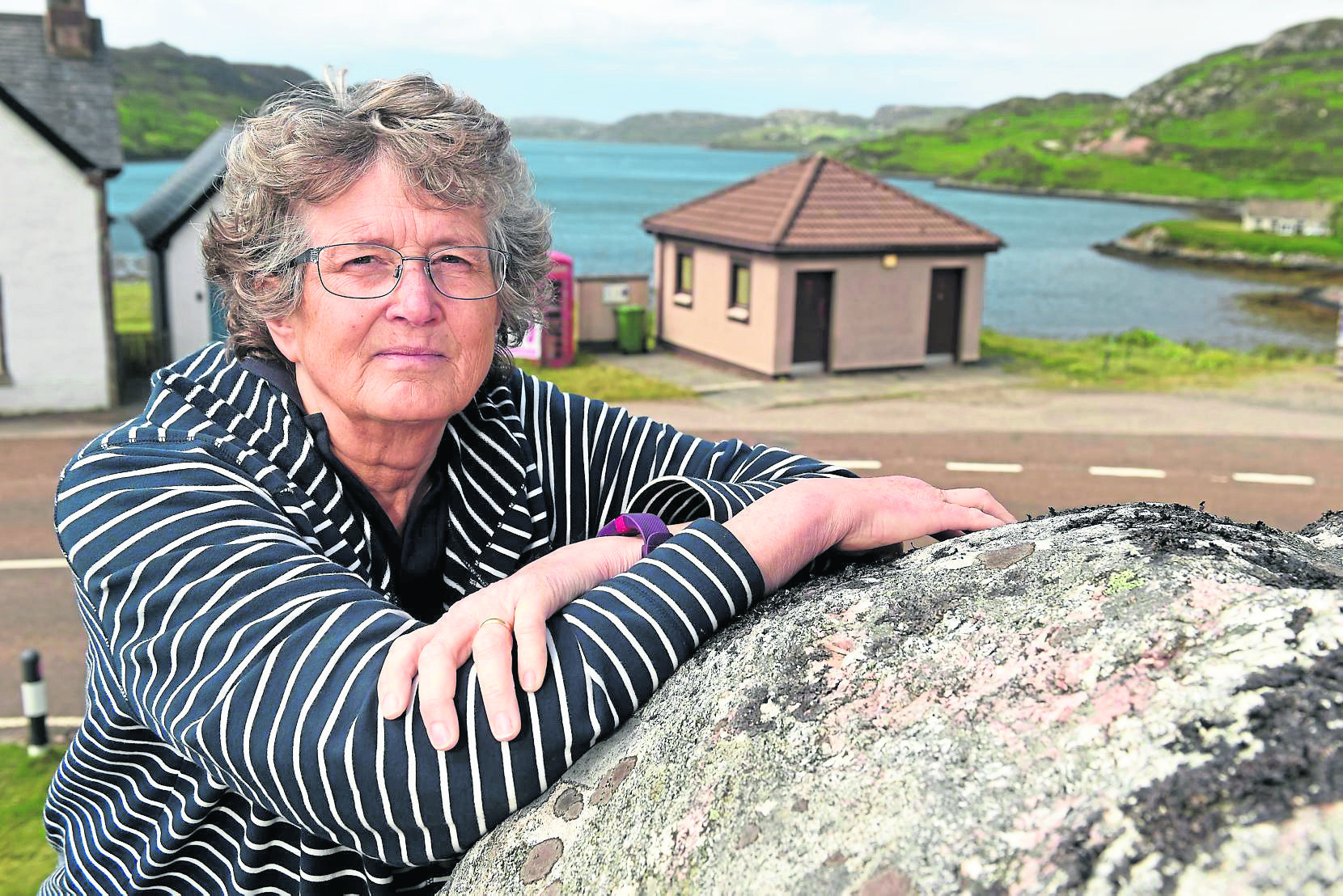
She has argued in favour of restricting wild camping at key tourism hotspots, due to the pressures huge numbers of visitors create on local infrastructure and the environment.
Earlier this week, Highland Council rangers blocked off sections of shoreline at Traigh Beach at Arisaig and Ceannabeinne at Durness to deter campers, and allow vegetation time to recover from the effects of frequent camping.
Margaret says although the number of wild campers is down on last year’s “70-per-night” at Ceannabeinne Beach, people are still coming in droves.
She blames the advent of the North Coast 500, or NC500 tourism route, which promotes the Highlands as “the ultimate road trip”.
Margaret says NC500 tourists ‘destroyed’ the ‘serenity’ of Ceannabeinne beach
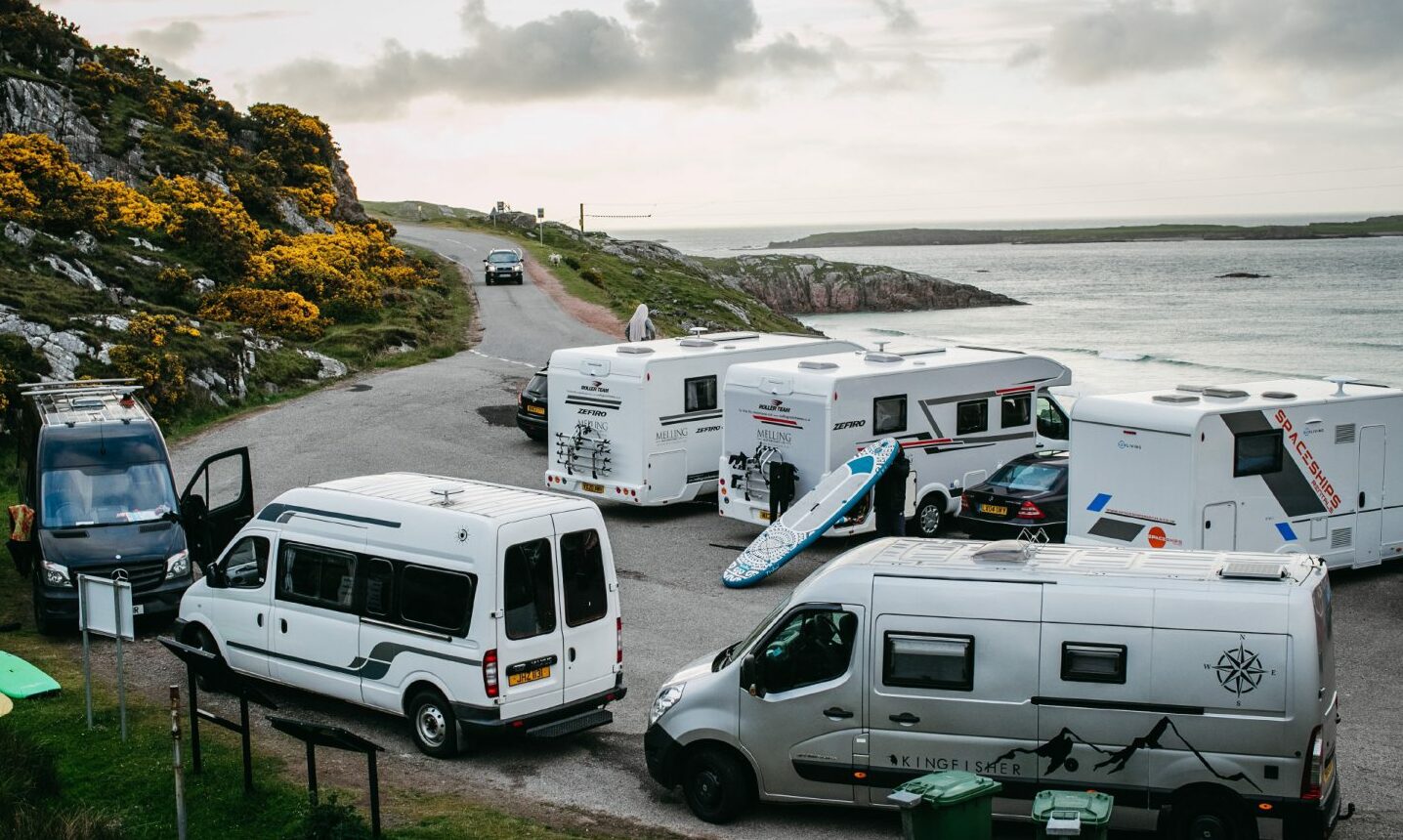
“Ceannabeinne used to be a magical, wonderful place of serenity,” says Margaret.
“Then the wild campers started to transform it and destroy it.
“We gave it up for dead. There was no problem in my opinion until the NC500 started to be promoted.”
Margaret says she welcomed the action taken by Highland Council access rangers to section off chunks of the beaches, and erect signs urging people to not camp irresponsibly.
She said: “This is the first time Highland Council has come in in a very proactive way.
“But this is only one piece of land, there are lots of areas that need protection.”
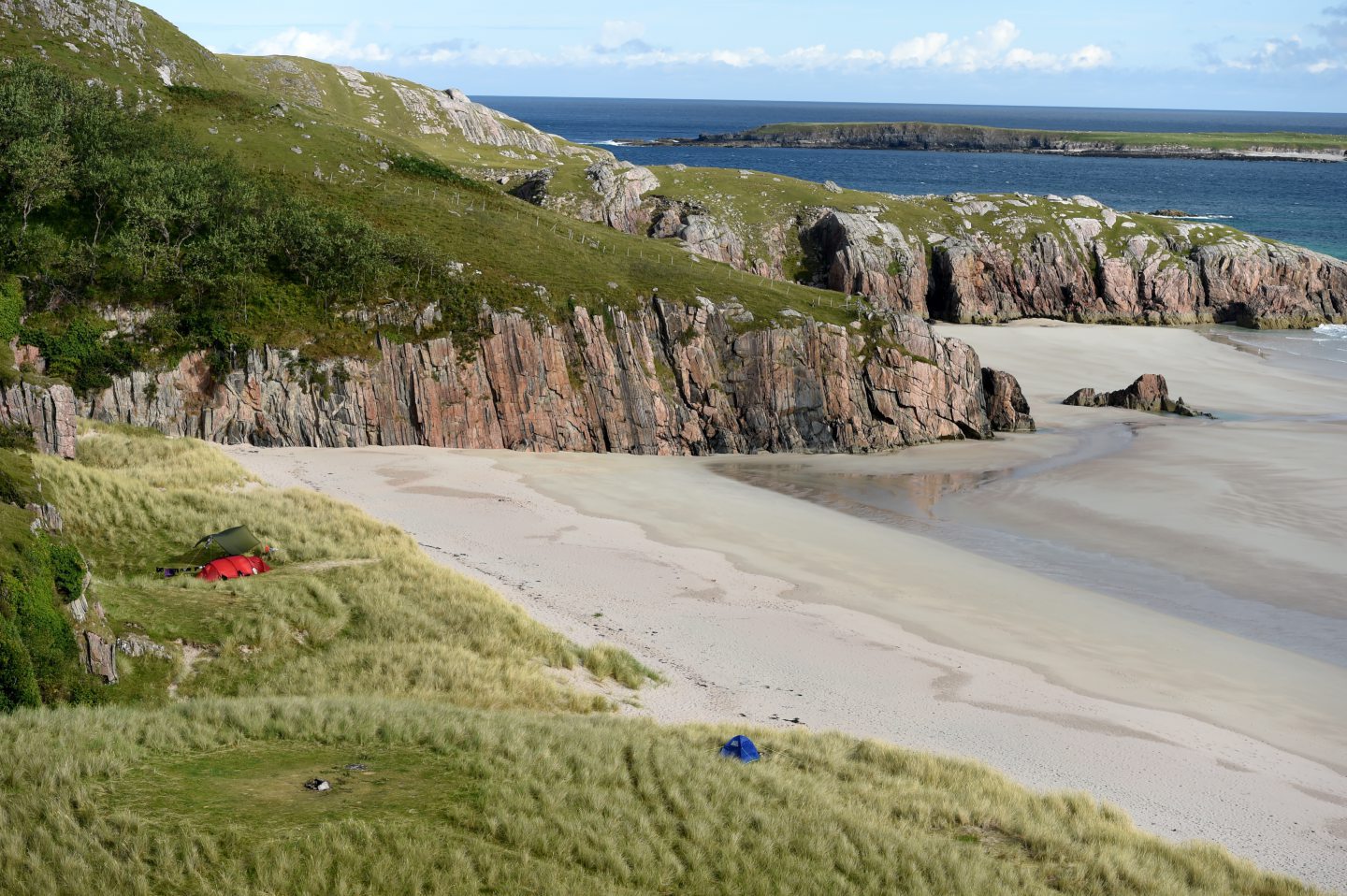
She argued that local bylaws restricting camping would be a good thing for certain hotspot areas.
Margaret continued: “There’s not a single bylaw on the whole of the west coast and I personally think that has got to be the next step.”
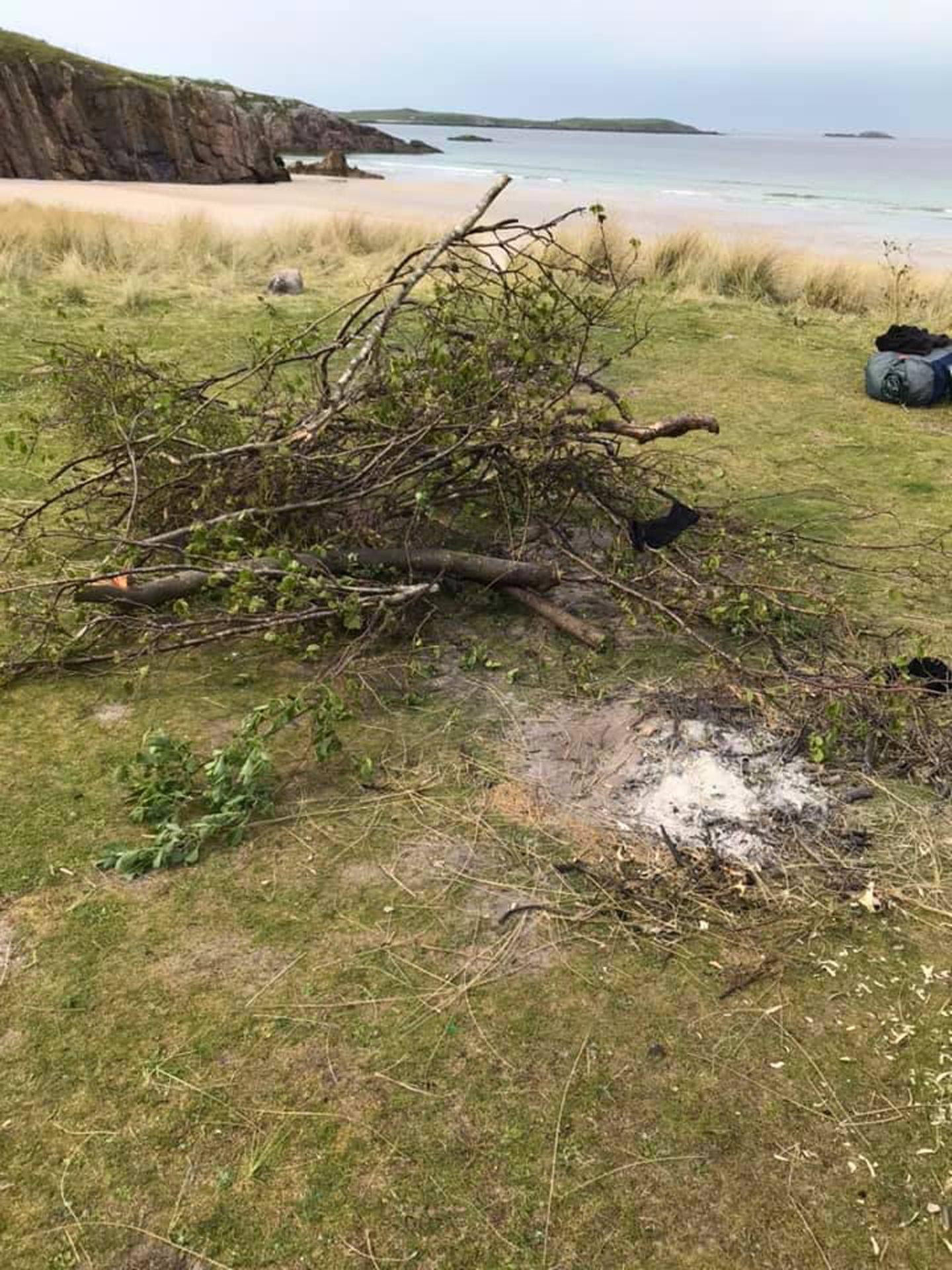
Margaret believes those who come to the Scottish Highlands because they think it is the last bastion of wilderness are being sold “a bit of a myth”.
She added: “The Scottish Highlands is a very small place, it cannot cope with all the people who are coming — and it does need to be managed.”
Car park like an ‘open latrine’
The local school bus driver Neil Fuller, of Durness Bus Company, agrees with Margaret.
He drives his bus past Ceannabeinne Beach “four or more times a day, and every day there’s a camper urinating”, sometimes in full view of the school children onboard.
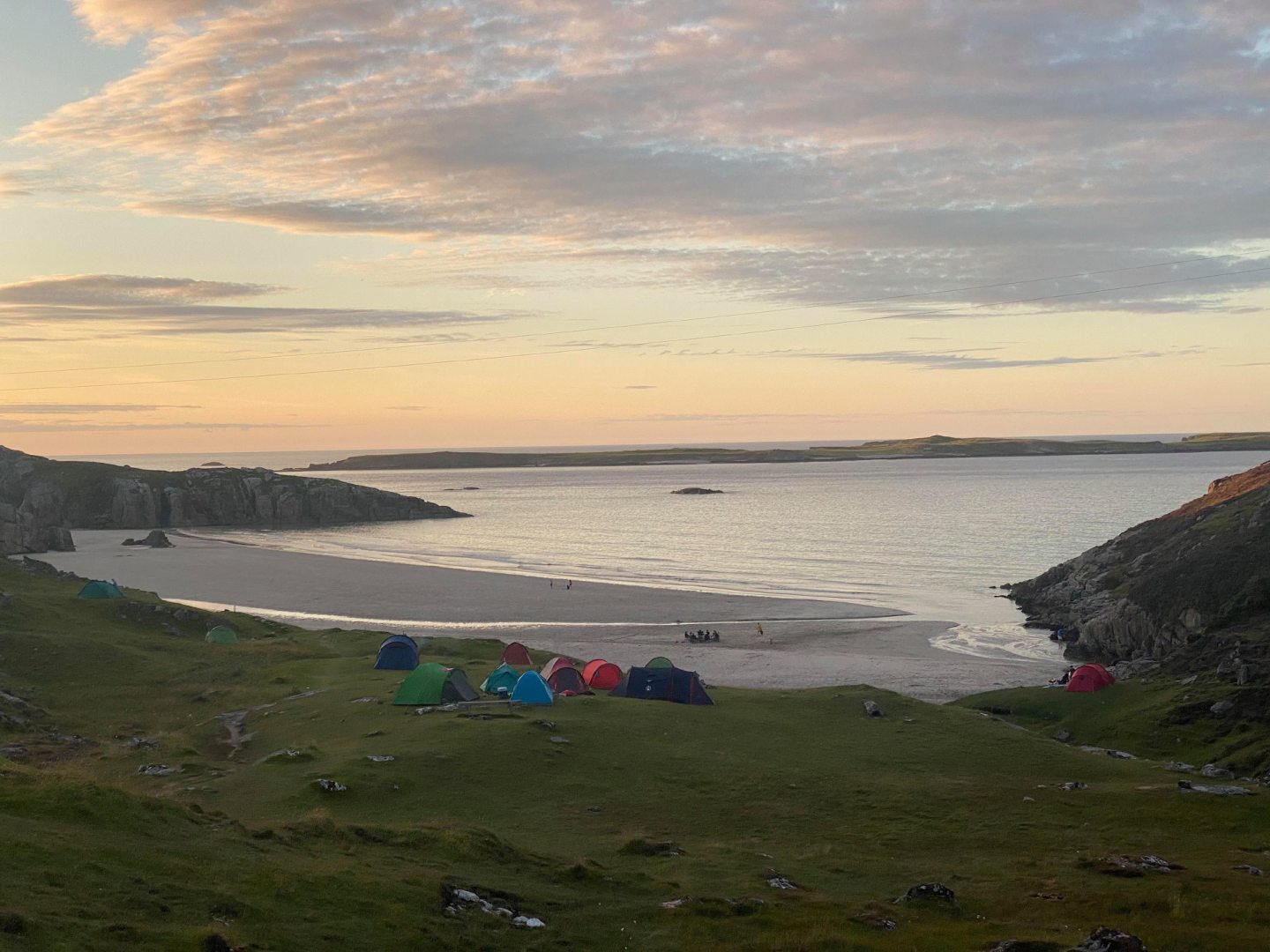
“Above the car park is just an open latrine, it’s not pleasant,” he says.
Neil’s other concern is for the older villagers.
“They’re saying they consider themselves trapped during the summer by the chaos of the NC500 road,” he says.
“It’s so busy they don’t go out and they don’t go and visit their friends in neighbouring villages and that’s awful, these people have been living here all their lives.”
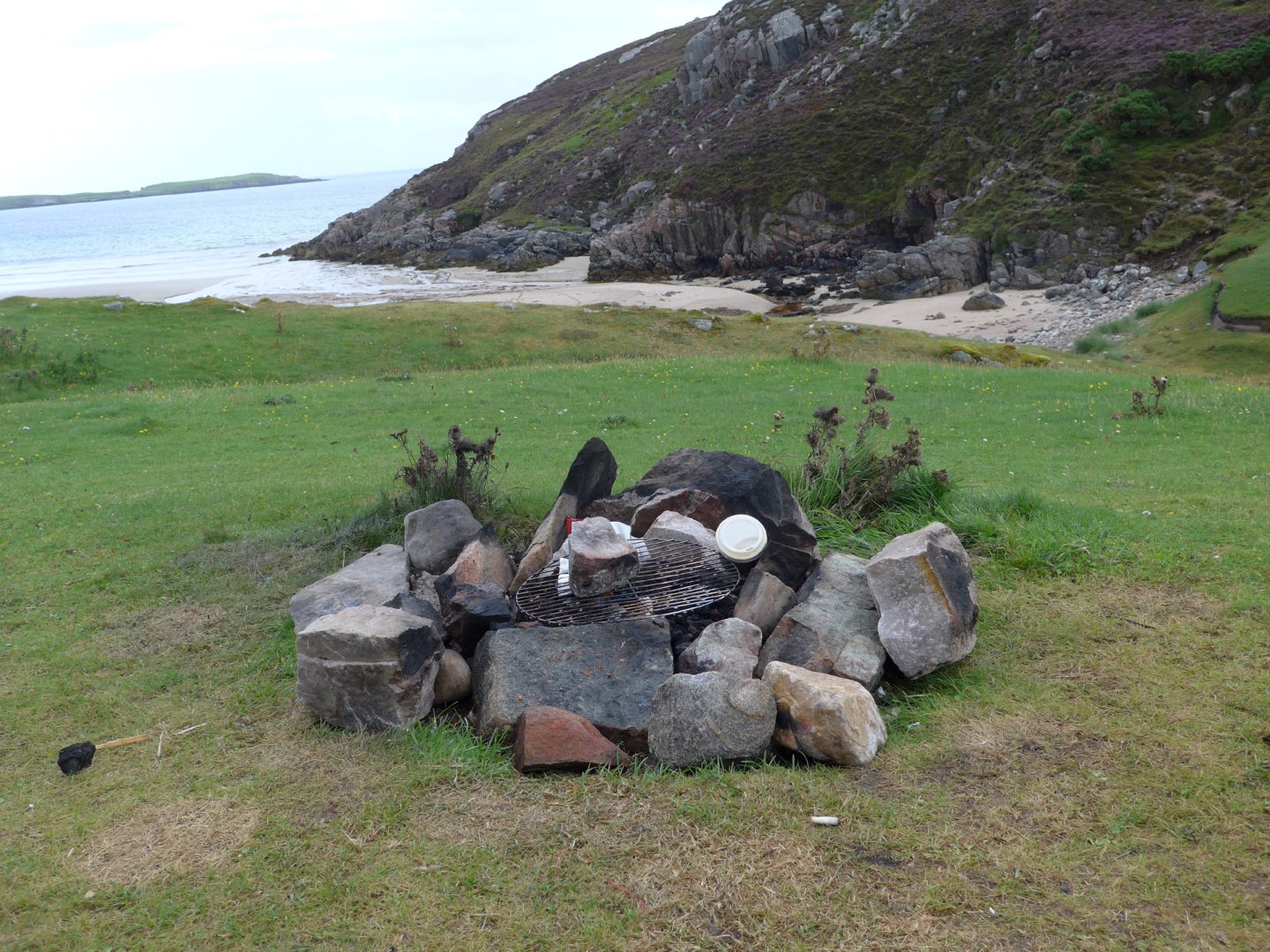
Another local, Durness guest house owner Andy Walker, says there’s a delicate balance to be had.
Pointing out that B&B guest numbers are down this year on the past two years, probably due to the cost of living crisis, he says: “We have also got to be very careful that we don’t deter or put off visitors although to be frank the irresponsible ones will continue to be irresponsible”.
Councillor’s warning against ‘sledgehammer approach’ to camping issues
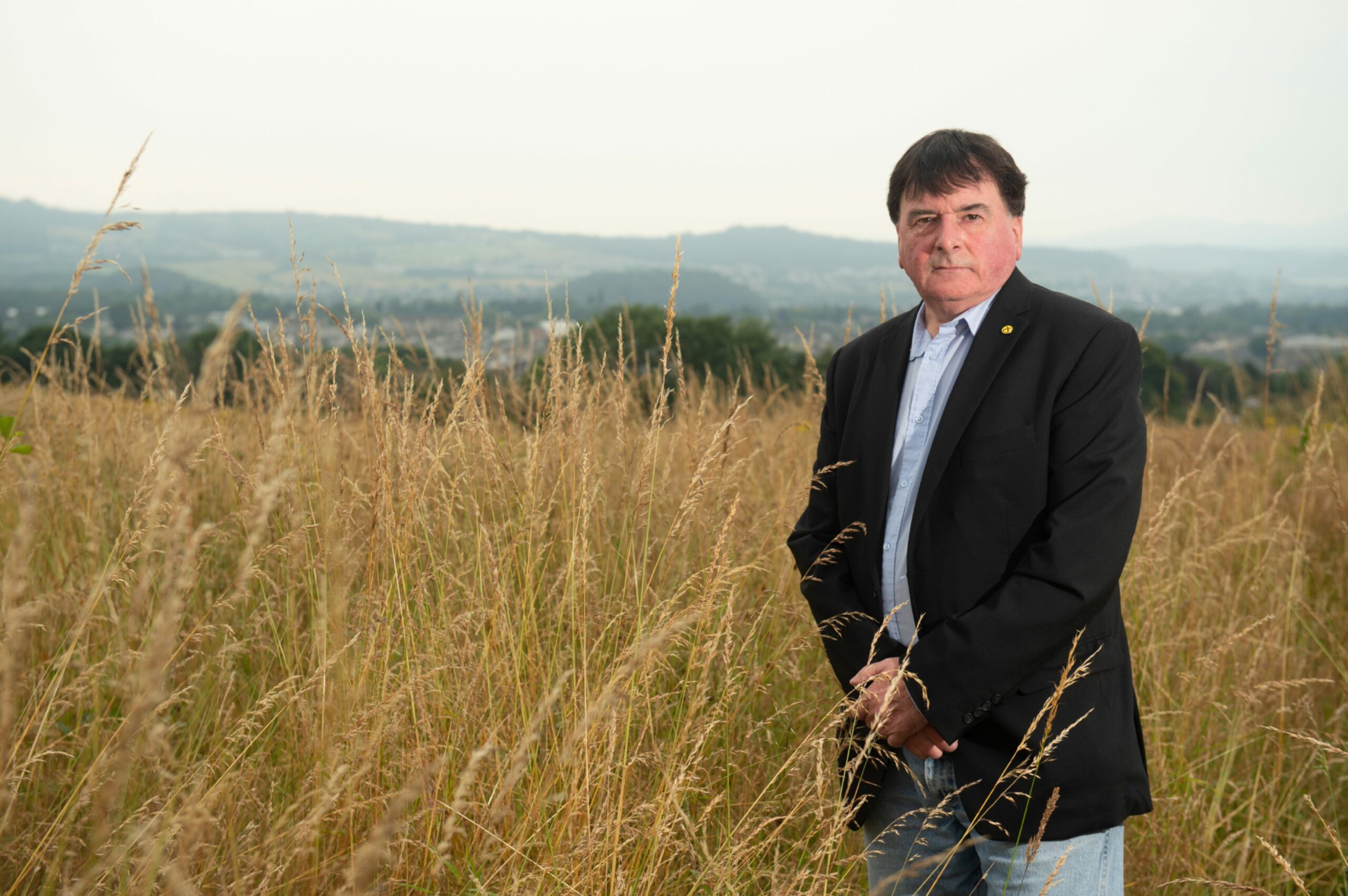
Ken Gowans, economy and infrastructure chairman at Highland Council, said he was pleased with the approach by the local authority’s access rangers.
But he argued against introducing widespread ban, for fears that it could interfere with the rights of responsible access enjoyed by both tourists and residents.
He added: “One of the things that we value very much is the ability in Scotland to enjoy the right to roam and we do not want to take a sledgehammer approach.
“And a bylaw is not necessarily for Highland Council to decide.”
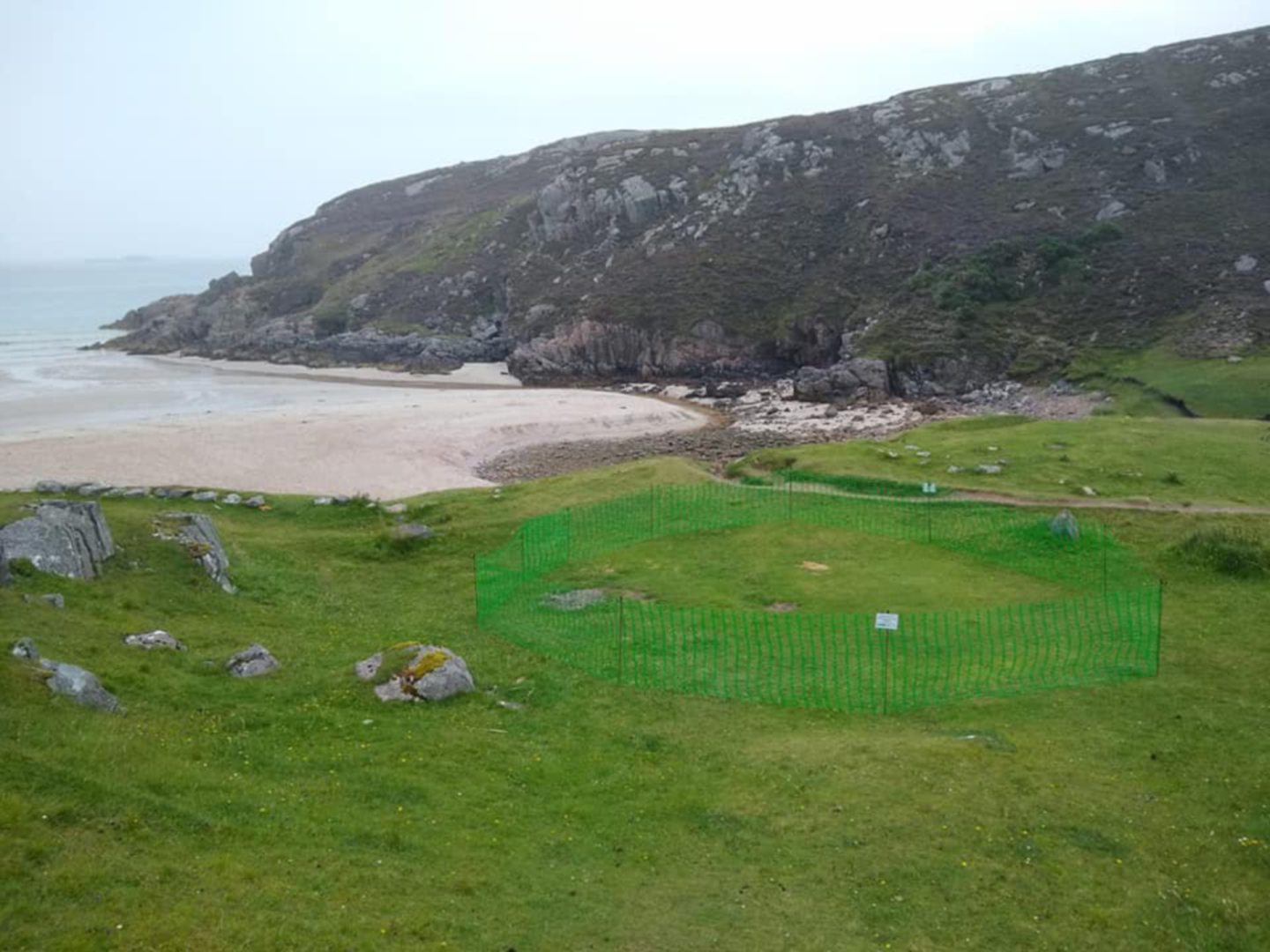
North Coast 500 operations director, Craig Mills said: “NC500 supports all the agencies involved in managing Scotland’s landscape and nature, and in the North Highlands, the outstanding job the Highland Council Rangers are doing on the ground.
“We endorse the very responsible approach that both the Council and Nature Scot are taking and we urge all visitors to follow all advice and take it into account when planning their trips.”
You may be interested to read:
[ad_2]
Source link




